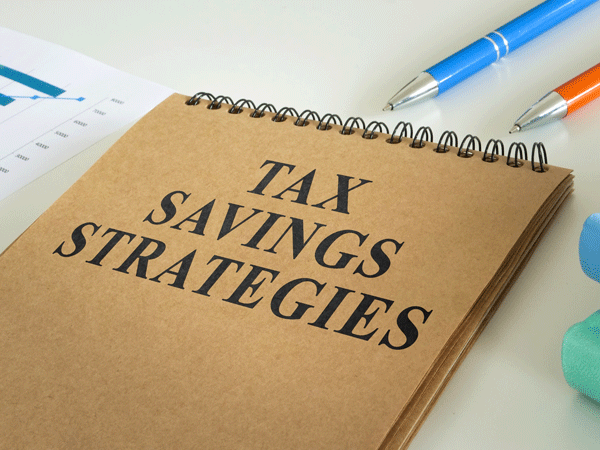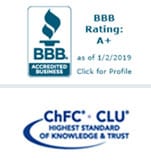Year-End Tax Planning
As the end of the year approaches, it’s time to make sure that you minimize taxes so your tax liability is as low as possible. Here are some actions you can take to ensure a smooth tax season:
1. Maximize Deductions: A Penny Saved is a Penny Earned
One of the most effective ways to reduce your tax liability is by maximizing deductions. Familiarize yourself with the latest tax laws and identify potential deductions. This includes charitable contributions, medical expenses, education costs and even home office deductions if applicable. Consult with a tax professional (Cowen can help!) to ensure you’re taking advantage of every possible deduction.
2. Contribute to Retirement Accounts: Invest in Your Future
Contributing to retirement accounts not only secures your financial future, but also offers immediate tax benefits. Maximize contributions to your 401(k) or IRA accounts. The funds you contribute are often tax-deductible, reducing your taxable income. Take advantage of employer-sponsored retirement plans and ensure you’re contributing enough to receive maximum employer matches.
3. Harvest Tax Losses: Offset Gains Wisely
Review your investment portfolio and consider tax-loss harvesting. If you’ve experienced capital gains during the year, offset them by selling investments that have incurred losses. This strategy can help minimize your overall tax liability. Be mindful of the wash-sale rule, which restricts buying the same or substantially identical securities within 30 days of selling them for a loss.
4. Understand Tax Credits: The Power of Credits
Tax credits directly reduce your tax liability, making them a valuable resource. Research and understand the various tax credits available, such as the Child Tax Credit, Earned Income Tax Credit and education-related credits. Ensure you meet the eligibility criteria and claim these credits to maximize your tax savings.
5. Plan for Estimated Taxes: Avoid Surprises
If you’re self-employed or have other income not subject to withholding, make quarterly estimated tax payments to avoid penalties. Estimate your income and expenses throughout the year to determine the appropriate amount to pay each quarter. Staying ahead of estimated taxes ensures you won’t be hit with a large tax bill come April.
6. Seek Advice: A Wise Investment
When in doubt, consult with a tax professional. They can provide personalized advice based on your unique financial situation and help you navigate the complex tax landscape. A tax professional may uncover opportunities or pitfalls you hadn’t considered, ultimately saving you money and ensuring compliance with tax laws.
It’s officially tax season! By staying organized, maximizing deductions, and making strategic financial moves, you’ll not only survive tax season but emerge with a stronger financial foundation for year-end tax planning. For more information on these tax season tips or to learn more about Cowen Tax Advisory Group, please contact Judith@CowenTaxGroup.com





